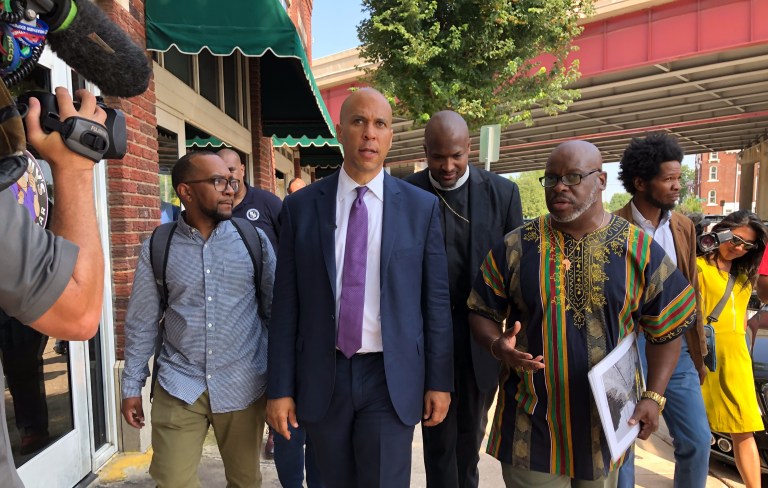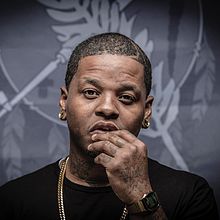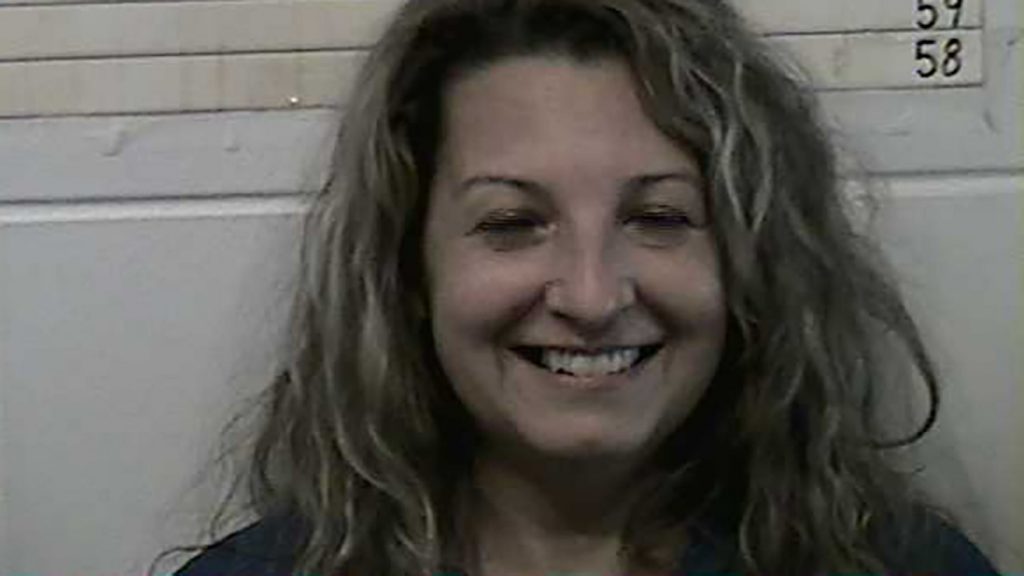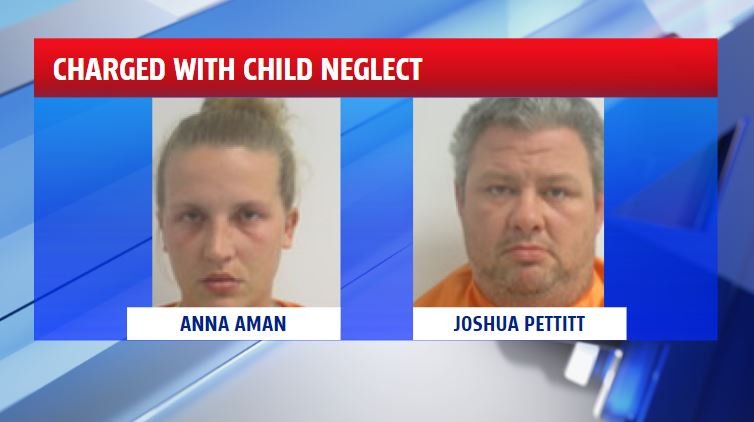[From left to right] Community organizer Greg Robinson of the METCares Foundation, former State Senator Jabar Shumate, Rev. Robert Turner of the historic Vernon Chapel AME church, Black Wall Street tour guide Alaagba Fagbenro Amusan, and founder of the Black Wall Street Gallery Dr. Ricco Wright walk Greenwood Ave. with New Jersey Senator and 2020 Presidential Candidate Cory Booker [centered].
Photo by Black Wall Street Times’ Staff
Author’s Note: I am infinitely obliged to have stumbled, seemingly by accident, into the footsteps and shadows of my community’s preeminent storytelling profession. Today, I continue being a student of Black Wall Street’s history. I learn and record the narratives of my community’s golden era of American excellence — how we, as African Americans, continue operating from a place of strength, while bearing the pain of repeated tragedies. We are so resilient. My favorite part about this work is that I get to relive the African American history-making moments every time I have the privilege of writing about them. I am grateful to have gotten to record in written language the time when an African American 2020 presidential candidate, Senator Cory Booker, visited my community of North Tulsa and watched him learn the details of our American story from some of our most knowledgeable community leaders. I watched the senator humbly kneel with his back facing the crowd and pray then preach about his convictions from the pulpit at the Historic Vernon Chapel African Methodist Episcopal Church on Greenwood Ave. Having worked the entire day at multiple events, I hadn’t gotten the chance to meet him personally. Nevertheless, I was stunned to have received a personal phone call from the senator himself, later that evening. I am thankful for his thoughtfulness to have received this personal call and in taking the time to visit our beloved state and community. I’ll never forget it.
Published 08/30/2019 | Reading Time 7 mins 57 secs
By Nehemiah D. Frank
“As they showed me the pictures of what was and now what is, as they told me the story,” referring to the 1921 Tulsa Race Massacre, “they broke up the soil of my soul. I couldn’t contain my tears.” These are the words from a seemingly-humbled US senator, and ambitious 2020 Democratic presidential candidate named Cory Booker.
The honorable New Jersey statesman and presidential aspirant had just toured the Historic Vernon Chapel African Methodist Episcopal Church and the Greenwood District of Tulsa, Oklahoma.
Vernon celebrates its 100th anniversary and is distinctly the last remaining structure in the historic Greenwood District, dubbed the “Negro Wall Street of America” by the highly-revered and distinguished educator — Booker T. Washington. During the early 20th century, Greenwood was the wealthiest and most influential community in the African diaspora.

A 1930s photograph of Greenwood Avenue in the Greenwood District, rebuilt after its destruction in 1921.
“Our nation’s history is a history of wretchedness and pain; it has a history of contradictions of bloodshed,” Mr. Booker shared his convictions about America’s dark history in the pulpit of a church that has witnessed some of our nation’s darker days.
“We hail our nation, but we do it a disservice if we don’t speak to the wretchedness if we try to cover it over — if we try to create a disneyfication of American history. It is an insult to this nation when we don’t tell our truth.” The senator’s thoughts were still visibly raw from what he had recently learned from Rev. Robert Turner of the Vernon Chapel, and north Tulsa community leaders Kristi Williams and Alaagba Fagbenro Amusan of the African Ancestral Society of Tulsa who served as Mr. Booker’s tour guides.
He continued speaking amid the racially diverse crowd of onlookers. “They told me about history — to a man that has fancy degrees in history — about a history that I didn’t fully know,” he explained.
His eyes not yet dried from the tears he had shed moments before approaching the pulpit.
A group of mostly black third-graders from the Greenwood Leadership Academy, a community-lead partnership school, listened quietly and respectfully in the balcony of the church, having had the privilege of learning about the prominence of black excellence, the sorrowful pain of a massacre and domestic terror attack, and the empowering resilience that their community still possesses to this day.
On Mr. Booker’s tour of Black Wall Street, he came to the knowledge of 36 blocks of African-American progress — founded by O.W. Gurly, created by the hands of many, just two generations after emancipation and one generation after a failed reconstruction period — was looted and burned to near-total destruction by an angry and envious white mob that measured in the ten-thousands. He learned about the pillaging of the prosperous community and how the mob murdered over 300 African-American residents, men, women, and children — infants, and buried them in mass graves across the midwestern American city of Tulsa.

Tour guide and community leader, Alaagba Fagbenro Amusan shares with Senator Cory Booker photographs of Black Wall Street’s golden era as well as its destruction during the 1921 Tulsa Race Massacre in front of the Mabel B. Little Heritage House. Also, featured in this photograph are Dr. Tiffany Crutcher of the Terence Crutcher Foundation, and to the left Rev. Robert Turner and to the right Greg Robinson.
It was the first time in American history, and possibly world history, that airplanes were seen dropping ignited turpentine balls onto US residential neighborhoods and businesses — owned by hardworking, self-sufficient black American people.
“Why is it, as a nation, that we cover over the wretchedness of our past..?” The senator asked. Black Wall Street for decades was intentionally left from school textbooks. America tried saving itself from the embarrassment of its wretched, racist past.
The senator continued, “Not telling the truth about the middle passage in every classroom in America? Hundreds of thousands of Africans died in the [Atlantic] ocean. The average cargo lost 25% of the human beings on those ships brought over the water — dead bodies. And we don’t tell the truth of the savageness of slavery: the torcher, the mutilation. We don’t tell the truth of the post-reconstruction period.”
“God bless my brother Bryan Stevenson who, just in Alabama, created a memorial to the lynchings that went on, that strange fruit where thousands of thousands of Americans where slain by the largest periods of terrorism our nation has ever seen.” The official number of lynched victims during the horrifying carnage during the summer of 1921 in Tulsa is unknown. However, The National Memorial for Peace and Justice, founded by Mr. Stevenson, publicly displays and counts 36 lynched black human beings during the dates of May 31 through June 1st in Tulsa County, Oklahoma on a suspended rustic memorial in the heart of Montgomery, Alabama.
The cost of the destruction of Black Wall Street measured in the millions. Nevertheless, despite the immense loss of human life and intentional destruction of the Greenwood community, that was provoked by racial hatred, envy, and the false notion of black economic competition against the whites, claims were denied to black victims by white-owned insurance agencies. Furthermore, white citizens who were knowingly involved in the racialized domestic terror attack against their black neighbors weren’t charged or sentenced of a crime because White Supremacy’s status quo guaranteed full immunity to all of its white citizens.
Today, despite the growing gentrification of the Greenwood community of North Tulsa and the overpass that seemingly-divides the very identity of what is and what isn’t Greenwood, Vernon Chapel stands mightly next to the winds of semi-trucks whose alien disturbances vibrate the irreplaceable stain-glass windows that have served as the chapels’ eyes since the 1930s.
Mr. Booker to all appearances connected with the soul of what Greenwood means to black Tulsans, stating, “I felt the pain as I touched the scared and charred bricks of a great community, where people from all over this southern part of our nation sojourned here to find the promised land, and they did. A community that thrived, where black journalist, and black educators, and black business people formed a thriving American town, it was a light of glory and promise, but then was torched and burned, bashing their dreams.”

The hands of Senator Cory Booker, Rev. Rober Turner, and community organizer Greg Robinson touching the charred bricks from the 1921 Tulsa Race Massacre and destruction.
The senator declared, “The greatness of this country isn’t that we have to bereft of violence and torture and terrorism on our, own, soil; the greatness of our nation lies in the fact that we overcame that.”
Greenwood, although not thriving like its golden era, is still alive and breathing.
Mr. Booker continued, “Right now in our civic spaces, we have to fight to make sure that the injustices of the past that still manifest themselves today in disparities between rich and poor, disparities between black and white that we are called to engaged in the civic processes that ensure that we have restorative justice. Because the inequities in our countries are not getting better; in so many cases, they are getting worse.”
According to the NAACP, “the United States makes up about 5% of the world’s population and has 21% of the world’s prisoners.”
Mr. Booker added, “That [the] history of racism in a systematic way rears its head in the criminal justice system that overwhelmingly has incarceration because of the drug war. But we know there is no difference in America, zero difference between blacks and whites and Latinos for using drugs and dealing drugs. But if you’re African American your almost four times likely to be arrested and jailed.”
Serving within that 21% “African Americans constituted 2.3 million, or 34%, of the total 6.8 million correctional population,” more than the number of enslaved African Americans during America’s antebellum period.
Despite the state’s efforts in prison reform, the high number of incarcerated black Americans in Oklahoma doesn’t show any signs of stopping. The school-to-prison pipeline is alive and thriving as Oklahoma schools, with majority black student populations, continue shuttering and performing significantly below the national average on standardized tests.
The Oklahoma Department of Education, in a spring 2018 press release, highlighted that “reading scores on the 2017 National Assessment of Educational Progress (NAEP) show a reversal of gains made in 2015. With a statistically significant drop of five points, Oklahoma is again below the national average in fourth-grade reading, as it is in the other three subjects.”
A lack of funding and political will for education reform is heavily to blame for the below-average test scores and the black educational crisis in Oklahoma as well as the nation.

President of the Young Democrats of America Joshua Harris-Till claps in support on far right. State Senator Kevin Matthews right/back. Rev. of Boston Avenue Church David Wiggs left inside the Historic Vernon Chapel African Methodist Episcopal Church.
The senator spotlighted that “We have a sexual assault-to-prison pipeline that nobody ever talks about. Almost 90% of women who are incarcerated are survivors of sexual violence.” Oklahoma ranks first in the nation for the mass incarceration of women, many who suffer from the trauma of sexual assaults.
“We have more marijuana arrest than all violent crimes combined,” the senator mentioned. And notably, Oklahoma is ranked first in the nation with the highest number of African American men, too.
Mr. Booker harkened on the racially unifying philosophy of Dr. Martin Luther King, Jr.’s “I have a dream” speech and how some white Americans heeded the call to end racist American policies.
“It was a white man on a coach in 1965 watching TV,” a man who witnessed the Bloody Sunday in Selma on national television, “he didn’t just sit there and do nothing,” Mr. Booker explained.
“‘I am an American,’” and “‘I understand that injustice anywhere is a threat to justice everywhere. I’m not going to be able to do everything, but I’m going to do something’,” the senator recounted a story that his mother once shared with him about how an American seemingly on the other side of the racial line of demarcation suddenly got woke and declared war on racially discriminatory housing policies.
“There is not a generation in America that has not elevated demigods and begets and fear mongers to the highest heights of our culture. Every generation has had that in the gardens of our democracy. We have never been free of the weeds of hatred and bigotry and sexism,” senator Booker passionately said. And added, “We beat them with unarmed truth and relentless fearsome love.”
“Diversity is not our weakness; it is our strength. Every movement in America succeeded because they created new American majorities for women’s rights, for voting rights, for civil rights, for workers rights. It wasn’t one faction of our nation; it was the majority creating a new consciousness in our country.”
Senator Booker ended his powerful, dynamic, and historic speech with just two words his college professor once told him, while rubbing his back on a day when he was feeling overwhelmed by the chaos that sometimes seems to deem all of our American dreams:
“Stay faithful,” America.

Nehemiah D. Frank is the founder and executive editor of The Black Wall Street Times, a community school educator, TEDx alum, blogger for EdPost, Tulsa World community advisory board member, and Tulsa Press Club board member.




